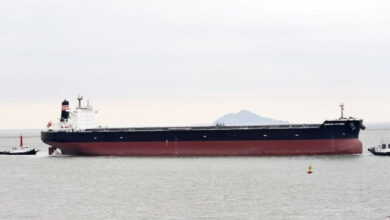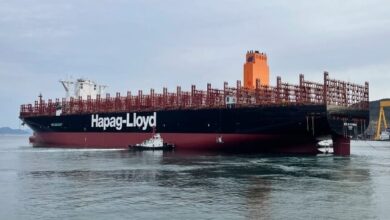Juan J. Gil write : Why Data Governance & Data Management are important in the Maritime Industry?

By : Juan J. Gil
Business Groth ,Innovation , Data Orchestration ,Secured Vessel
Data Governance and Data Management are – unfortunately – two of the most important buzzwords in today’s digital world. They are often used interchangeably, and many people believe that they are one and the same thing. However, this is not true. While both refer to managing data and ensuring that it is accurate, secure, and accessible for use,
Data Management focuses on using enterprise-wide systems to manage information while Data Governance ensures that individual departments or business lines adhere to the same standards as well as sharing their data with other departments within an organization or company.
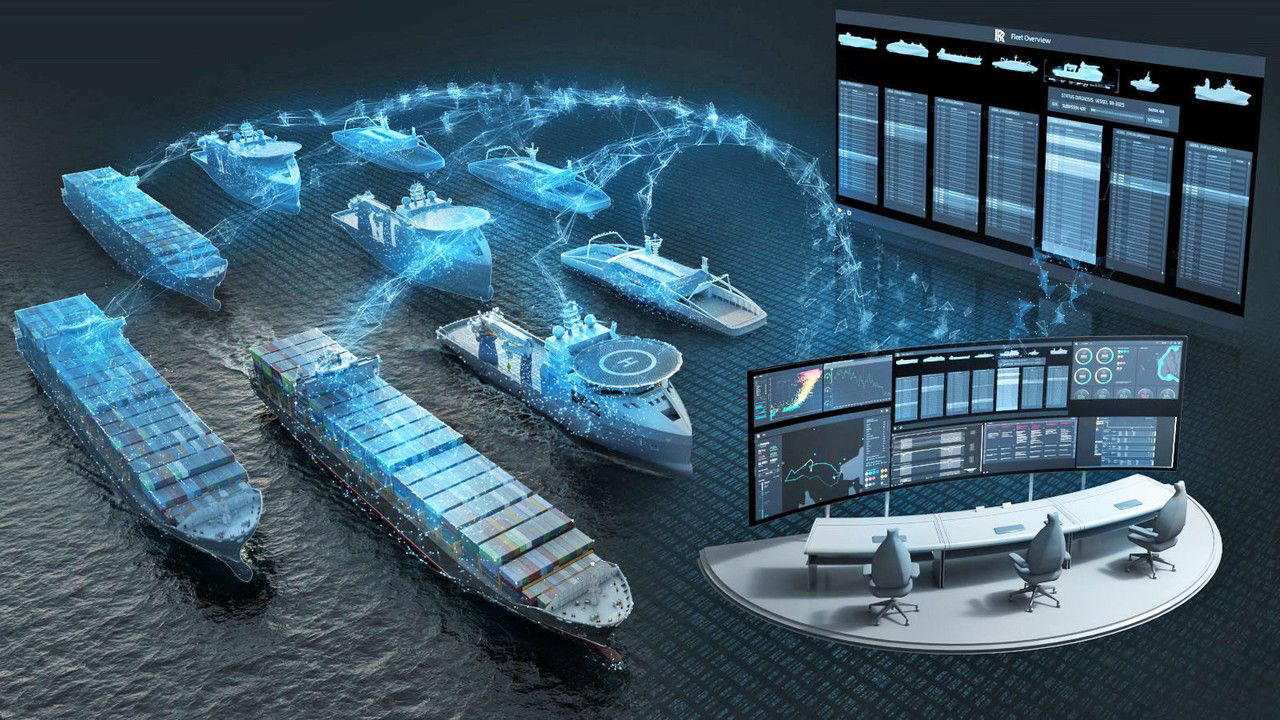
What is Data Governance?
Data governance is the process of ensuring that data is managed and used in an appropriate, secure, and efficient way. Data governance involves setting standards and policies for data management. It also involves the establishment of a data governance framework to monitor and manage your company’s data assets.
Data Governance is a model for how data is generated, distributed, and used. It answers the question, “Who is responsible for what and how?”
As the world becomes increasingly data-driven, it’s important to understand how data governance can be applied to your maritime company. Data governance is a model for how data is generated, distributed, and used. It answers the question “Who is responsible for what and how?”
Data governance helps organizations make sure that they are using their data in an efficient way by using principles such as accountability, responsibility, traceability, and transparency.
Data Governance also helps companies understand where data is coming from, who owns it, and what happens if there’s ever a breach in security or compliance issues with customer information. There are five essential components of data governance:
- Data Stewardship – Who owns the data?
- Metadata Management – What are the attributes?
- Data Quality Management – How accurate is it?
- Information Management Planning – Where does it reside? How much do we need? How long will we keep it?
- Compliance Management/ Risk Mitigation (i.e., compliance with regulations such as PCI DSS, SOX, etc.)
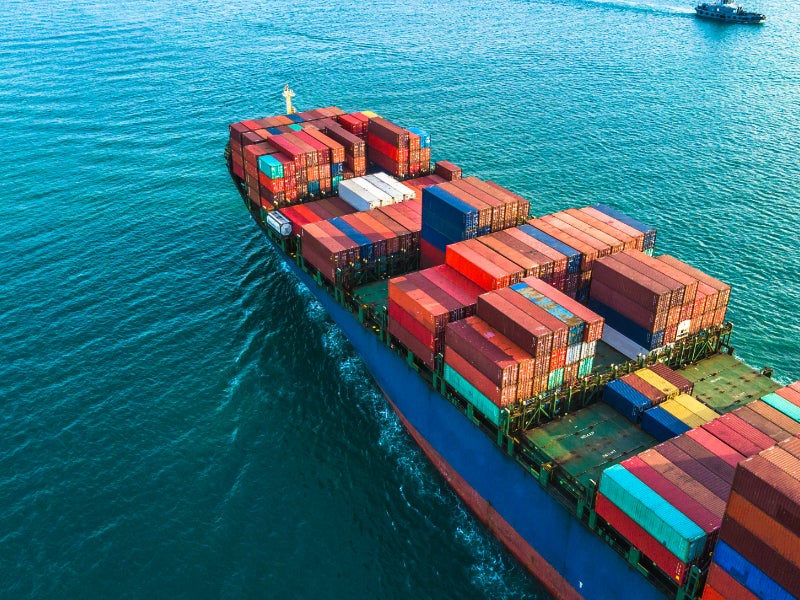
What is Data Management?
The process of making sure that you have the right amount and type of data is called Data Management. It’s important because:
- You need to know what information will serve your needs best in order to effectively allocate resources towards collecting new data while also determining when something no longer holds value within your systems or archives. In this light, an organization’s effectiveness should be assessed based on how well it selects data sources and their level of quality rather than relying solely on volume alone! (See more below about how we do this).
- Ensuring data quality, management, and sharing across multiple platforms can be challenging due to differences in software applications used by different departments within an organization (Technical, Commercial, etc); however, there are ways around these issues — such as utilizing a Master Data Management with Golden Records tracking changes made during each phase across all teams involved (e.g., Technical Management department).
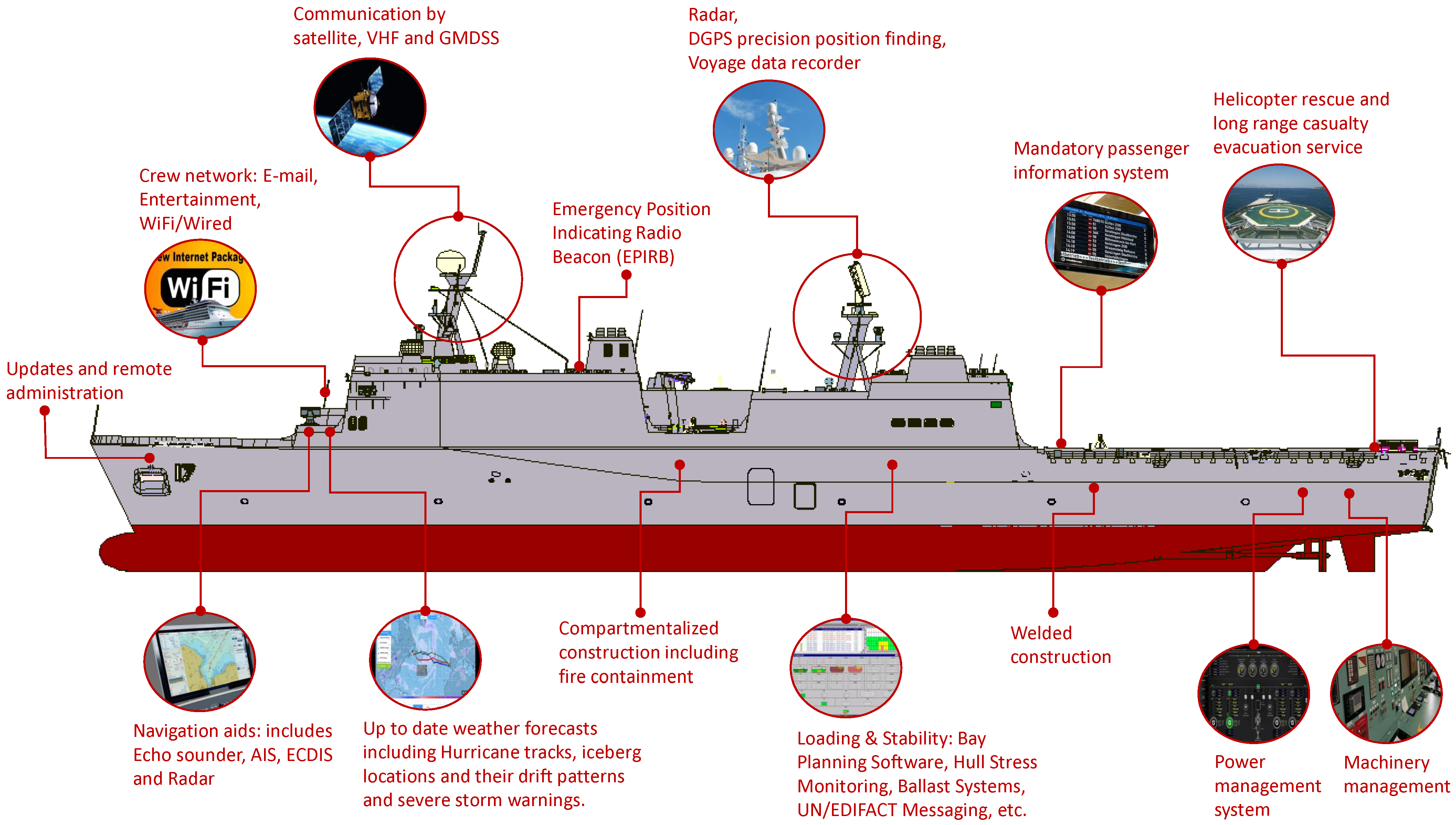
Why are they important?
Data Governance and Data Management are key to establishing a solid foundation for your data-driven digitalisation initiative.
It helps you to:
- Create a common understanding of the data
- Ensure that data is accurate and up-to-date
- Ensure that data is accessible
How to ensure data governance?
Data governance is a set of policies and procedures for ensuring reliable data assets in an organization.
There are several roles that can be defined for data governance:
- Data Owner: This role owns the responsibility over specific portions of data. The owner has the right to make decisions on what happens to it, such as deletion or modification (if it’s not shared with other teams). Some examples include customer information and business metrics (such as revenue).
- Custodian: A custodian is responsible for storing, protecting, and using datasets in accordance with relevant policies, standards, and procedures. They may also have oversight responsibilities for managing access to data assets held by other custodians within their team. Examples include database administrators or IT generalists who look after databases full time but aren’t necessarily familiar with all aspects of your business – so they don’t know if deleting this particular customer record will cause any issues elsewhere!
- Data Steward: A data steward is responsible for maintaining a set of policies and procedures for ensuring reliable data assets in an organization. They usually have oversight responsibilities for managing access to data assets held by other custodians within their team. Examples include database administrators or IT generalists who look after databases full time but aren’t necessarily familiar with all aspects of your business – so they don’t know if deleting this particular customer record will cause any issues elsewhere!
Data Governance and Data Management in the Maritime industry
In the maritime industry, Data Governance and Data Management are very important. These two will certainly help shipping companies, ports, and terminals in providing better service to their customers and stakeholders while providing high productivity to their employees and associates.
a shipping company has to deal with multiple port call jurisdictions, where ports need to exchange data and insights with different stakeholders in their value chain, or when container terminals in transshipment hubs have to provide real-time status of the containers.
The importance of data governance can be understood by looking at a scenario where a shipping company has to deal with multiple port call jurisdictions, where ports need to exchange data and insights with different stakeholders in their value chain, or when container terminals in transshipment hubs have to provide real-time status of the containers.
In these situations, it becomes necessary for them to maintain an organized system that allows them to track this type of information easily.
This results in increased efficiency within their organization as well as improved customer satisfaction levels because they are able to provide better services at all times without any problems occurring during transactions (commercial or data) due to issues related to mismanagement of data or documents not being able or unavailable when required by different parties involved in such transactions including those who need access.






